Public outcry over further deportations of Jamaicans from UK
The move to deport a further group of Jamaicans from the UK has caused an outcry among migrant rights advocates who say the move is unfair and politically motivated.
Most significantly this is a reversal of an earlier agreement between the UK and Jamaican governments not to deport anyone who arrived in the UK when underage.
Another episode in the British government's harsh immigration policy, a deportation flight planned for August 11 on board 19 People of Jamaican origin in this country for up to 30 years now.
The Home Office, which is responsible for immigration in the UK, has called those deportees "foreign offenders", people who have come here and committed crimes, and should expect to be removed.
Reversal of agreement between UK and Jamaica on deportations
However, immigrant rights groups, such as the movement for justice, say the move is a reversal of an earlier agreement between the UK and Jamaican governments not to deport people who arrived in the UK as minors.
These are not people who should be deported, I deal very often with people who have lived in the country as children, or who have lived here for a very, very, long time, or have been convicted of offences that aren't at the most serious end of the offences, so I have seen people for low level drug dealing, not necessarily condoning it, but it is low level drug dealing, there's all sorts of ideological and, I suppose, societal issues why that sometimes happens to people.
Jacqueline McKenzie, Leigh Day and Windrush Justice Project
The rebuilders of the UK deported
Some are believed to be relatives of the Windrush generation, citizens of the British Empire who travelled to Britain between 1948 and 1973 after the government called on its colonies to send workers to help rebuild the country after World War Two.
They came, they rebuilt, now they can go home
They came in the 1950s and have really gotten the short end of the stick, and remember their ancestors have already been through slavery and colonialism and neocolonialism and governorships and all sorts of awful systems that have always placed them as second class citizens.
Then they came here and they were treated as second class citizens.
We've seen that with the Windrush scandal, it is their children and grandchildren who are now being shackled and put on those planes it's a further denigration of their rights.
Jacqueline McKenzie, Leigh Day and Windrush Justice Project
Last year, 50 Britons of Jamaican descent were also forcibly removed, many of whom grew up in the UK. The hashtag #Jamaica_50 is still trending.
People watching see the way that this government holds in such disrespect the contribution of West Indian, Caribbean, and black people in this country. When, when, will Black Lives Matter, once again?
David Lammy, MP
The British government claims the deportations are everything to do with public safety or protecting victims. Rights campaigners, however, disagree stating that the move is purely racist and political, made by a failing government appealing desperately to its racist base.
VIDEO | Israel is collapsing from within
UN raises alarm over ongoing Israeli strikes near peacekeepers in Lebanon
Iran, Egypt urge global action to end Israel’s violations in Gaza, Lebanon
21,000 Palestinian children ‘disabled or amputated’ in Gaza: NGO
Qatar warns Gaza deal not a true ceasefire without Israeli withdrawal
Explainer: Why is America losing its young generation to mental health epidemic
Hidden strengths of Iran’s post-revolution economy
UK Supreme Court dockets Iran’s appeal over London building confiscation


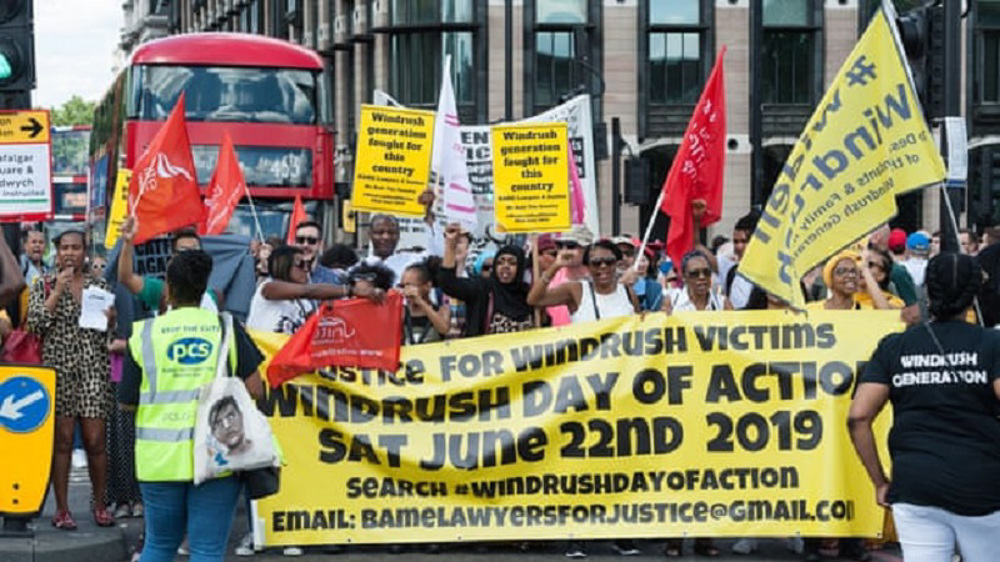
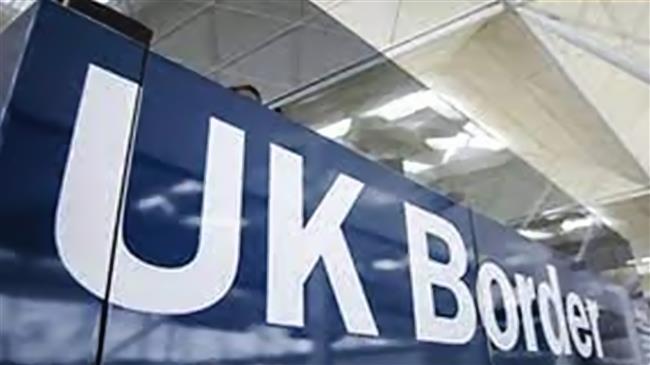
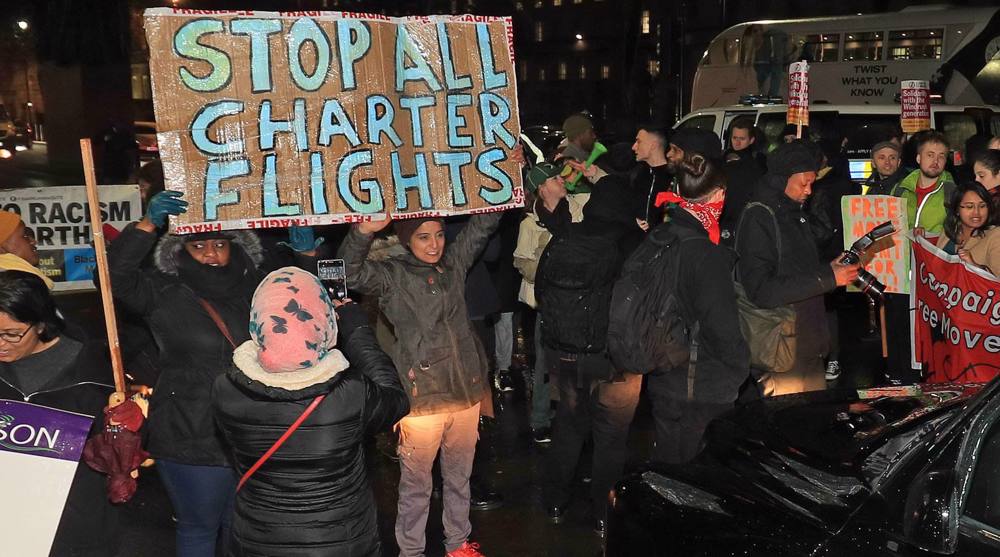

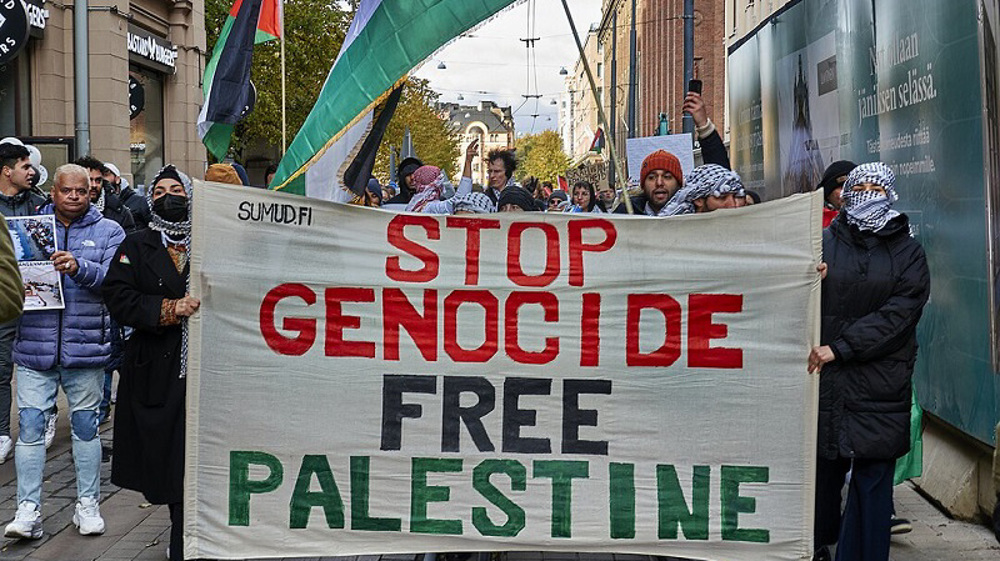
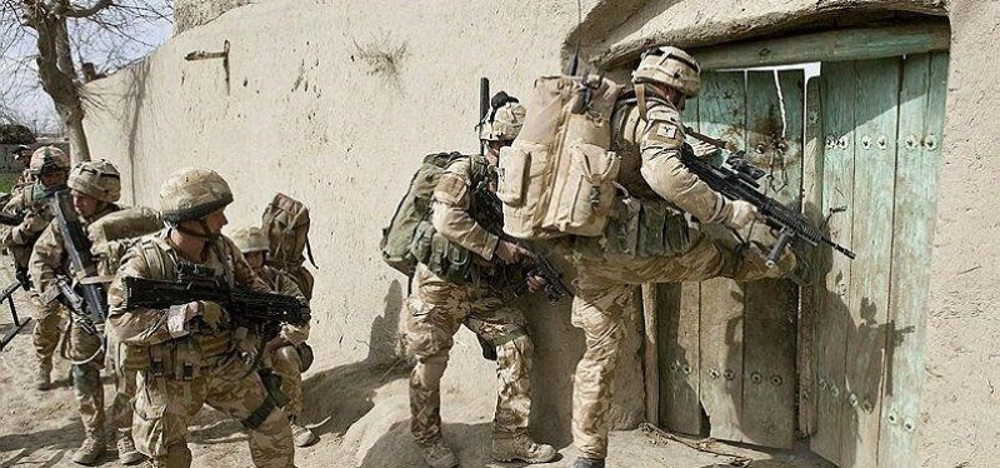



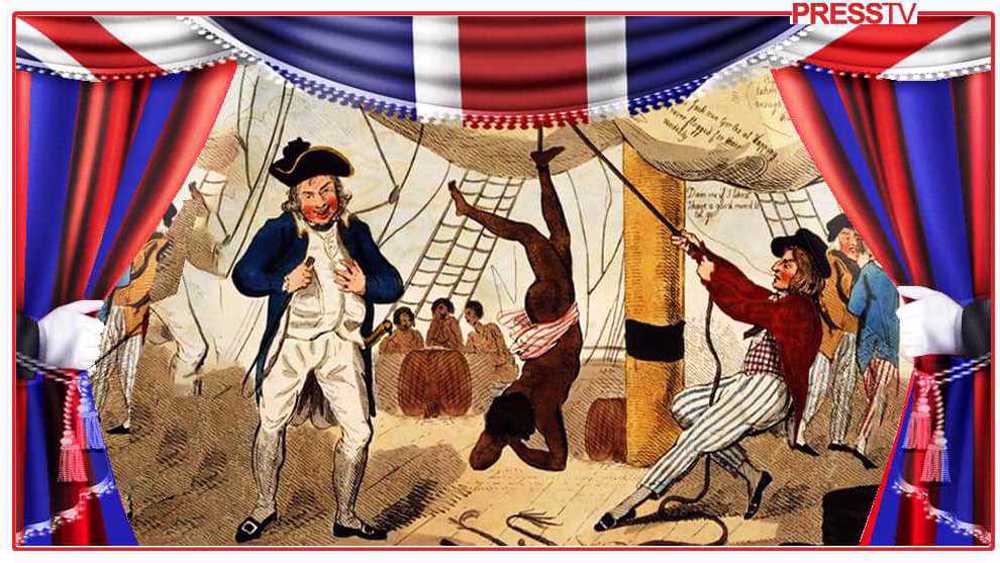
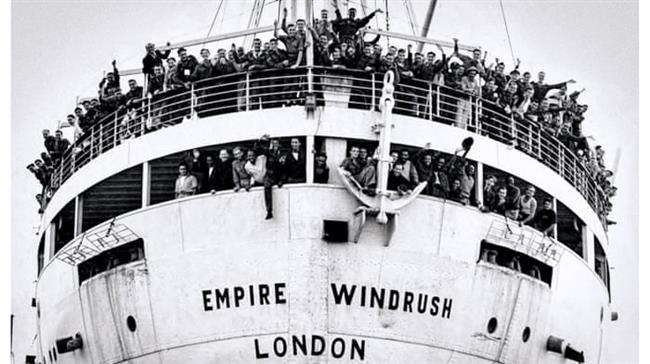
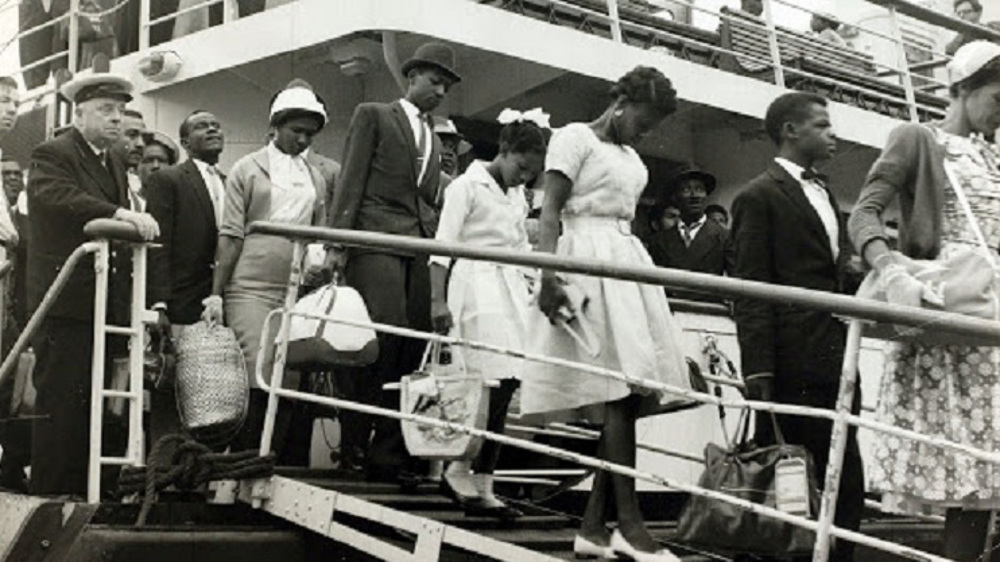

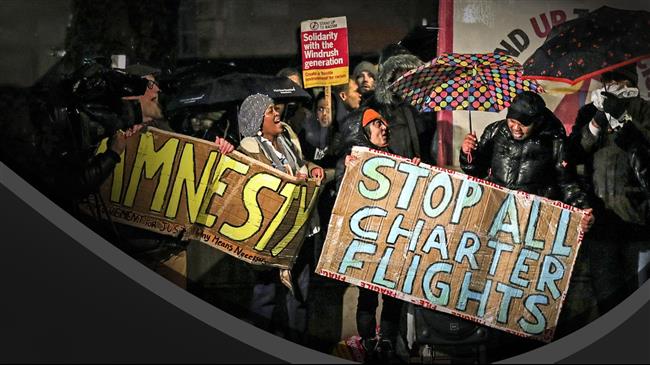

 This makes it easy to access the Press TV website
This makes it easy to access the Press TV website